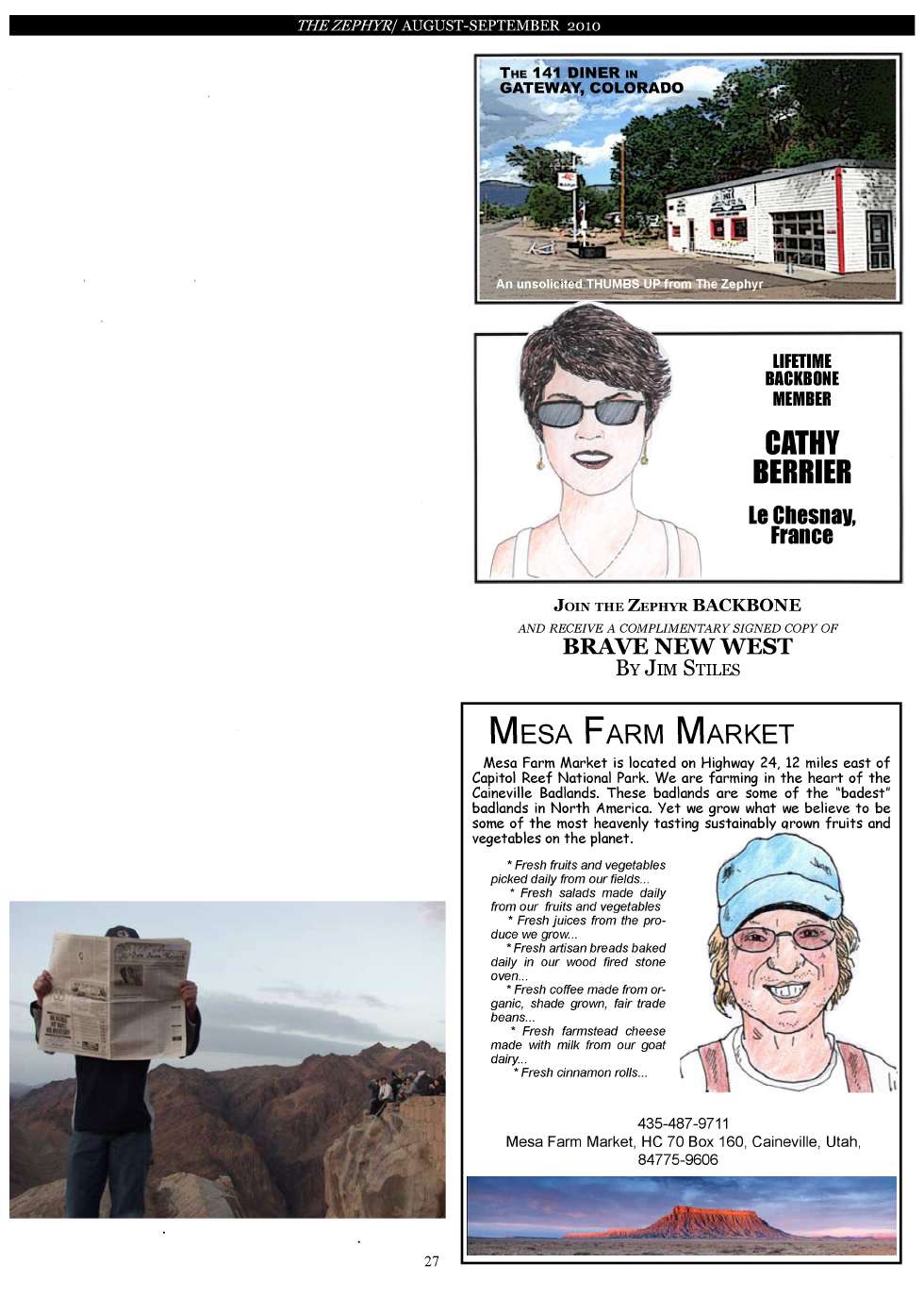<<Prev Home PDF Next>>

The
group arrived at our hotel accommodations and I was amazed to see
western-style buildings with the largest outdoor swimming pool I have
ever seen. We went to our rooms to fnd cable TV, where I had the choice
of watching Greta Van Susteren discuss the latest fndings in the
Natalee Holloway case, a juggling competition in Las Vegas, or Mr.
Magoo starring Leslie Nielsen.
In
recent years, the Egyptian government has spent some of the billions of
dollars in U.S. aid to bring “civilization” to the Bedouin. Instead of
a nomadic life in the desert, the Bedouin are painfully adapting to
life in established communities. One of the largest of these
communities is at the base of Nebi Musa.
After
our early wake up call, we boarded the bus and drove down roads
illuminated by streetlights to St. Catherine’s National Park. We began
our hike, but it wasn’t too long before we arrived at the camel
loading station and met Oscar, our Bedouin camel wrangler.
In recent years, the Egyptian government has spent
some of the billions of dollars in U.S. aid
to bring “civilization” to the Bedouin.
Instead of a nomadic life in the desert,
the Bedouin are painfully adapting to life
in established communities.
Oscar
(a name he picked up because his Arabic name is unfamiliar) was easy to
spot: the fashionable tip of his fedora made him look like a member of
the Rat Pack.
Oscar
did all the talking and helped several members of the group secure a
camel ride. They rode the camels up to the mountain to the bottom of
the stone steps.
I
decided to walk with my son. Bedouins, who were trying to change our
minds about the camel ride, destroyed the solitude of the walk. Every
few feet, a mysterious fgure would appear out of the dark and whisper
an offer to get us a camel ride.
The
trail had also changed. Instead of nothing but a simple trail, there
were rock “rest huts” and “coffee shops” every few hundred yards. They
were lit with kerosene lamps and offered a full range of snack foods
and soft drinks. I wouldn’t have been surprised to hear the whir of an
espresso machine.
Once
the trail reached the stairs, the hassle began in full. Bedouin were
begging for the chance to escort hikers up the stairs (for a fee) or to
have a blanket (for a fee) or even to have a mattress at the top (of
course, for a fee). They would grab you by the elbow and push you along
for a few steps before demanding payment.
It was a disappointing situation, to say the least.
Light
pollution has also been introduced to the Sinai. Instead of mountains
shrouded in the dark of night, the miles of roads with streetlights
create an eerie glow. Once we arrived on top of Nebi Musa, the runway
lights of the new Sinai airport twinkled in the distance.
We
arrived at the top with an estimated 1,000 other visitors. The group
inundated the top of the mountain. And remember, this was just two
weeks removed from a terrorist attack in the nearest community. I
wonder how many thousands would climb the mountain under more peaceful
circumstances.
The
sunrise was beautiful, the setting was spectacular, the climb (or ride)
was memorable, and the experience was wonderful. I can’t help but
wonder, however, if the new developments at Sinai have destroyed the
very thing that gave the area so much charm.
Solitude
is replaced by beggars. Noble, silent and mysterious Bedouin have
become Oscar in a fedora. The night sky is blotted out by airport
runways, street lights and rock huts selling Orange Fanta. Hotels,
swimming pools, and crowds. The magic of Sinai is becoming overwhelmed
by the effcient and annoying hum of civilization.
I wonder if my Greek Orthodox friend at the monastery has given up and returned to Salt Lake City.
BILL BOYLE is editor of The San Juan Record. he and his family live in Monticello, Utah.